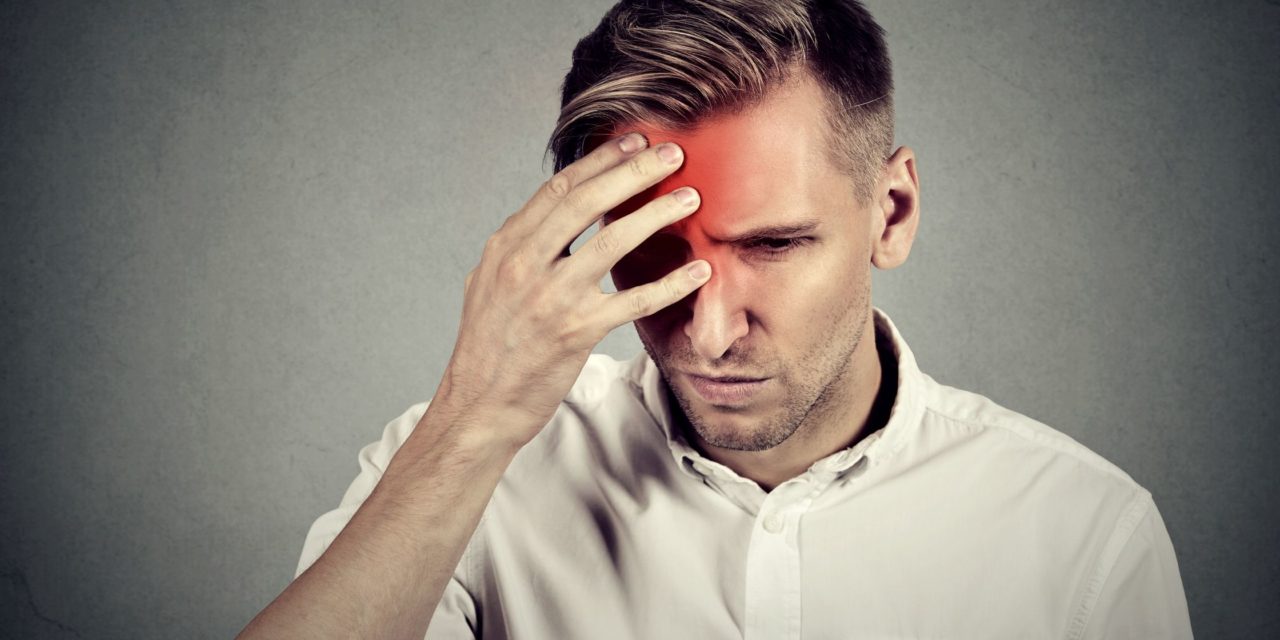Just about every individual in the world will experience an occasional headache. Headaches are a symptom that can be caused by a wide variety of conditions such as dehydration, toothaches, brain tumors, and even tight hairstyles. When it comes to an alcohol withdrawal headache, it is possible that numerous other symptoms are occurring simultaneously. However, this may be one of the first symptoms that present after someone with alcohol dependence stops drinking. Being able to prevent, manage, or treat alcohol withdrawal headaches can factor into a patient’s ability to continue on with the rest of the process without relapsing.
What Causes Withdrawal Headaches?
What happens when you stop drinking is complex, but it is all tied back to the brain. During withdrawal, the brain is trying to cope with a sharp decrease in the firing of dopamine receptors. The stress happening in the brain presents in the form of symptoms such as headaches.
Furthermore, you may have heard that there is a correlation between dehydration and headaches. Alcohol can cause dehydration and therefore contribute to headaches. Additionally, alcoholics often experience diarrhea that exacerbates dehydration. During detox, staying hydrated may be far from an individuals mind, but staying hydrated can help drastically in managing headaches and other alcohol withdrawal symptoms.
Symptom Timelines
When someone with an alcohol dependence embarks on the journey of quitting drinking, they can expect potential withdrawal symptoms to appear along a general timeline which has been observed time and again. On this timeline, alcohol withdrawal headaches begin toward the beginning. In fact, a headache may be among the first withdrawal symptoms experienced. However, these headaches can persist for quite some time.
PAWS Headaches
Just as a headache can be one of the first symptoms to appear during alcohol withdrawal, it can also be one of the lingering symptoms that last months or even years before going away. PAWS, or Post Acute Withdrawal Syndrome is a condition in which some mild withdrawal symptoms continue to linger for months or years after getting sober. Headaches is one of the PAWS symptoms that may present.
Coping with Headaches & Migraines
Whether alcohol withdrawal headaches persist for one day or one year, the ability to cope with these headaches is a precious gift. Here are 5 ways to cope with headaches:
- Get ample sleep – Sleep can be elusive during detox, but it is more critical during this period than ever. In some cases, sedatives may be issues to help induce sleep and allow the brain and body time to relax.
- Eat a nutritious diet – Nausea can make eating difficult during detox as well. However, nutrient deficiency is one factor that can contribute to headaches and an overall extended withdrawal timeline.
- Hydration – Drink plenty of water and other fluids with electrolytes. Someone who is experiencing moderate to severe withdrawal may benefit from an IV drip to improve their fluid levels.
- Exercise – You don’t have to run a 5k, but motion is good for your mind and body. Activities such as yoga is good to encourage deep calming breathing which is beneficial to get oxygen to your brain and to calm the mind during a stressful moment.
- Meditation – Don’t underestimate the power of mindfulness therapies such as meditation. The mind is so much more powerful then we know, and exercising it in the right way can reduce headaches as well as improve the ability to cope with pain or discomfort.
Sources:
https://www.webmd.com/migraines-headaches/learning-cope-migraines-headaches

